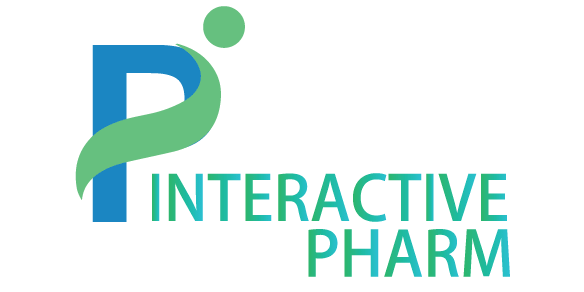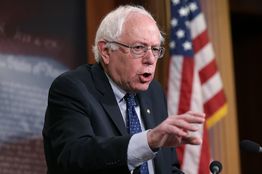
Jakarta. Public health activists have called on the government to review a number of key points included in a revised patent bill in order to uphold patients’ rights before the bill passes the House of Representatives this year.
Ever since the enactment of the 2001 law on patent rights, which gives companies 20-year-long exclusive licenses to produce and market certain products, Indonesian public health experts have strongly criticized the statute’s devastating impact on the prices of medicine.
“Having a patent has made price competition unhealthy among drug-manufacturing companies,” Aditya Wardhana, executive director at the Indonesia AIDS Coalition, said at a discussion in Jakarta on Tuesday.
The law, which is a result from Indonesia joining the World Trade Organization (WTO) in 1994, does provide ways to go around using patented medicines, such as a parallel import system that allows Indonesia to scout for and ship in cheaper generic medicines from other countries, and also the so-called government use, through which the country can buy the drug patents from private manufacturers.
‘Nationwide emergency’
The House of Representatives is currently working on a revised draft of the patent-rights law.
“Now is the right time to ensure that patent rights do not come in the way of patients getting their medicines,” Aditya said.
According to Aditya, some of the clauses in the draft are obstacles in pushing for a better public-health system in Indonesia.
He pointed out that the bill only allowed the government, under the government-use scheme, to buy drug patents from the private sector when the so-called innovative remedy is needed for curing a disease that is considered “a nationwide emergency.”
“Unfortunately, what’s considered as nationally urgent only covers epidemic, contagious diseases, such as HIV,” Aditya said.
“However, the government can’t do anything about patented medicines to cure cancer, diabetes, heart problems and other non-pandemic diseases,” he added.
“For public-health purposes, the government has all the rights to buy patents,” Aditya said, noting that it could cost the government as little as 0.5 percent of the drug’s selling price.
Government use itself is widely conducted in other countries, such as in Malaysia, Brazil, Zambia and Ecuador.
Free first-line treatment
In 2004, the Indonesian government purchased the patented anti-retroviral medicine that is needed to treat HIV/AIDS patients — eventually leading to the generic version of ARV and the government providing free of charge first-line treatment for the patients two years later.
“Ever since then, the number of people with HIV and developing AIDS has reduced significantly,” Aditya said, noting that the number of people newly identified as living with HIV and AIDS had nearly halved to 2,763 in 2013 from a little over 5,000 ten years earlier.
Aditya also added that recent data showed the rise in number of people receiving ARV to up to 50,000 in 2014 from only 2,000 in 2004.
Lutfiyah Hanim, public health researcher of Third World Network, noted the bill must discourage the issuing of patents for drugs that do not give new effects regardless of its new ingredients or packaging, e.g. from pills to syrup.
“The bill must clearly define what innovation here means,” said Lutfiyah. “We can follow the example of the Indian patent law in which the government only gives patents to medicines that have new medical effects.”
IAC’s Aditya argued that having patented medicines around does little in supporting President Joko Widodo’s National Health Program, or JKN.
“The sky-high price of such medicines will rob the insurance institutions of JKN,” said Aditya.
Much more expensive
Various data have showed that prices of patented drugs generally are between ten to 45 times higher than generic drugs, Aditya said.
But it could be worse. According to the activist, the price tag of a patented Hepatitis C drug called Sofosbuvir that Gilead Sciences markets under the brand Sovaldi is $1,000 per pill, while the generic version of the medicine manufactured in India or Nepal is sold at around $10 a pill.
In Indonesia, Aditya estimated that there are about 7 million people with Hepatitis C.
A parallel import system could solve a lot of problems, but Lutfiyah of Third World Network said that “the system has not been conducted effectively in Indonesia while drug prices are still monopolized by license holders.”
“The lack of government control in the drug-marketing mechanism is a threat to people’s lives,” said Aditya.
Public-health activists have also urged Indonesian lawmakers to be transparent and include health experts in the process of passing the bill.
“There needs to be transparency in discussing the bill to avoid backdoor deals that would disadvantage Indonesians,” Aditya said. “Legislators also must be able to understand and explain to the public the impacts of this set of regulations.”


